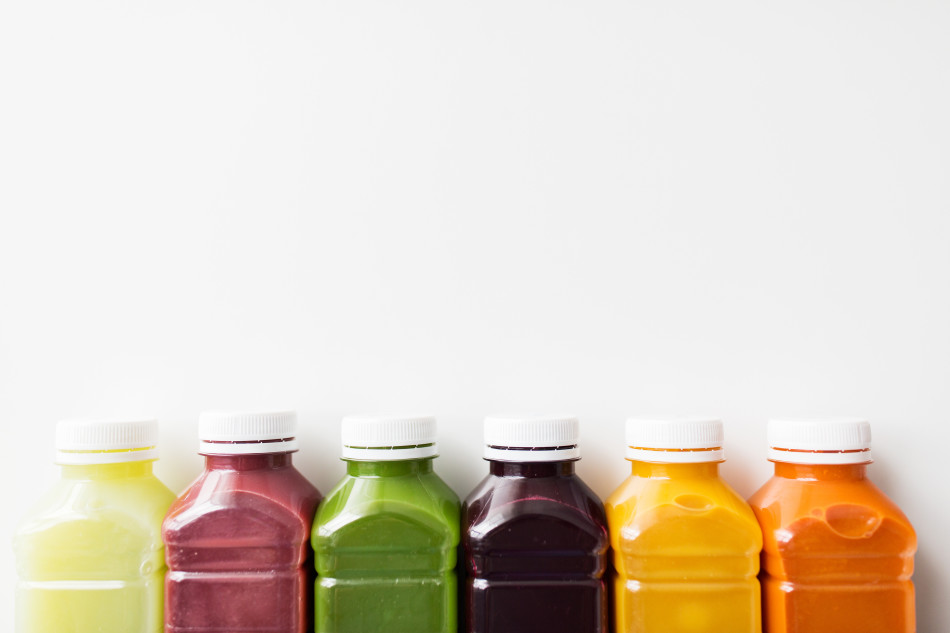Parents’ confusion over labelling of fruit drinks

2022-02-09
Parents’ confusion over labelling of fruit drinks
1 min read
The authors point out that “Sugar-sweetened beverage consumption in childhood is a major contributor to diet-related diseases. Fruit drinks (defined .. as fruit-flavoured drinks containing added sugar) are the most common type of sugar-sweetened beverage consumed by young children ages 0-5 years. Thus, strategies to reduce fruit drink intake in young children may help to prevent diet-related diseases.”
Researchers used the setting of a ‘virtual’ supermarket to examine what drinks American parents would select for their children aged 1-5 years and to explore whether nutrition-related claims on drinks would influence parents’ beverage choices for their children. Over 2000 parents were randomly assigned to view fruit drinks displaying the claims ‘No artificial sweeteners’, ‘100% vitamin C’ or ‘100% all natural’ or a control with no claim.
Nearly half of the parents in the survey believed incorrectly that the juice drinks were 100% fruit juice, and were perceived as more healthful, due to the claims placed on the label. According to the researchers, exposure to the three nutrition-related claims “increased the likelihood that parents selected a fruit drink that was high in added sugar for their young child, instead of 100% juice”.
Consequently, it was clear that parents in the study were misled into thinking that they were choosing healthy 100% fruit juice for their children, whilst they were actually choosing sugar-sweetened drinks. Another consideration is that a considerable amount of nutrition research relies on people reporting their diets in food frequency questionnaires. If people are mixing up 100% fruit juices with sugar-sweetened drinks, this has implications for diet-disease interactions.
Reference
Hall et al. (2022) Nutrition-related claims lead parents to choose less healthy drinks for young children: A randomized trial in a virtual convenience store. https://academic.oup.com/ajcn/advance-article-abstract/doi/10.1093/ajcn/nqac008/6510811
